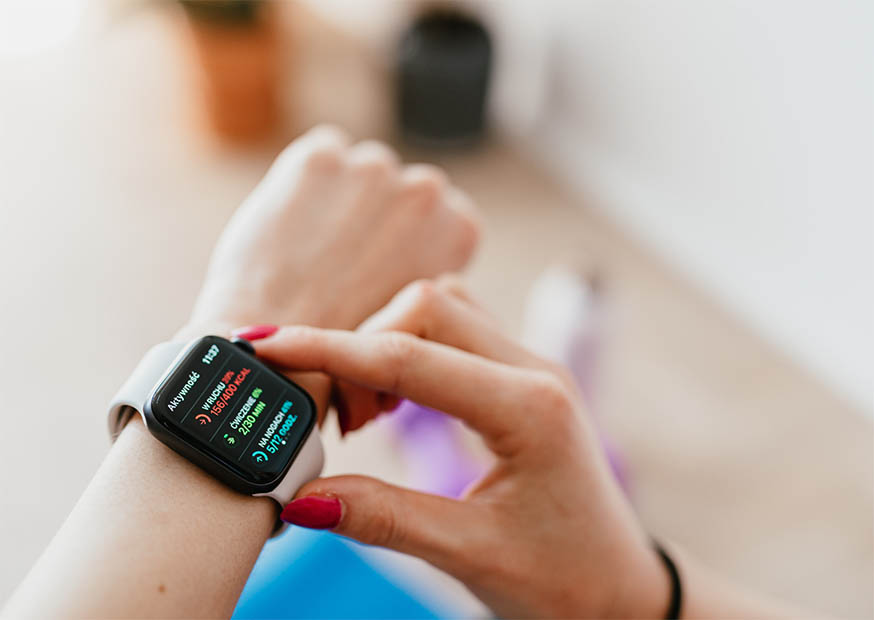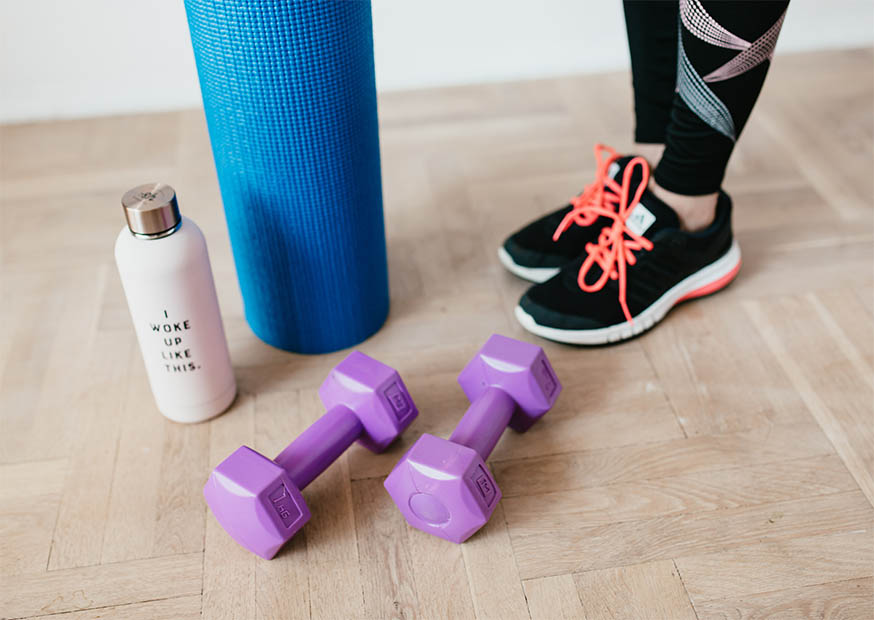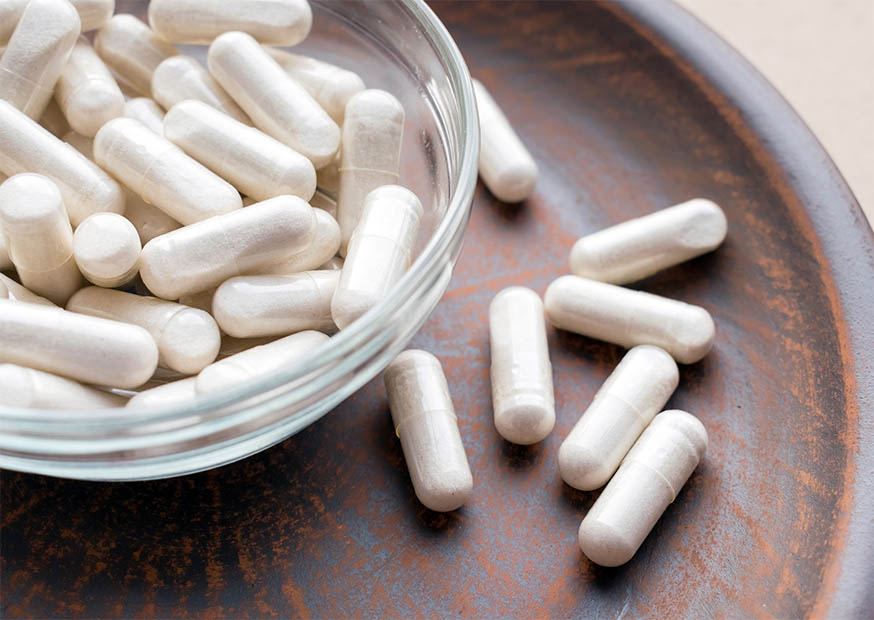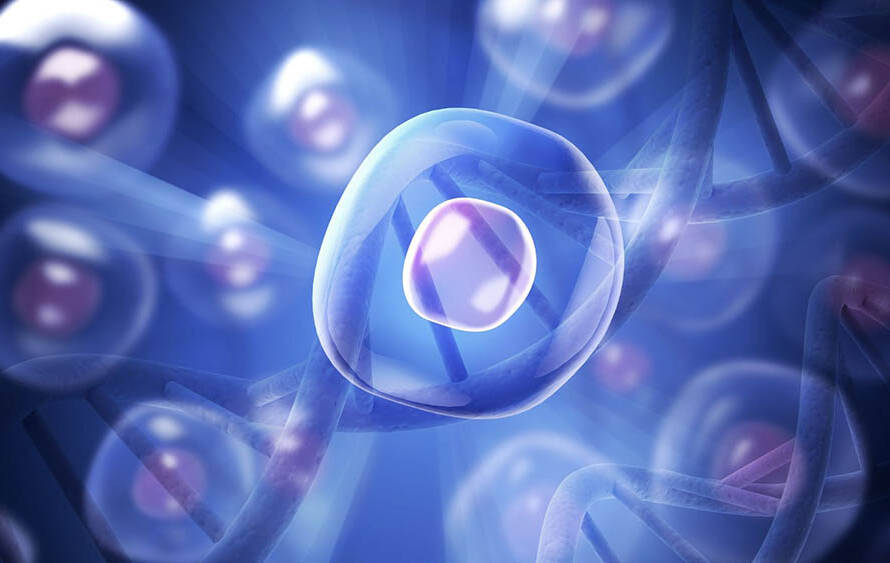Physical activity plays a crucial role in maintaining a healthy lifestyle. Regular exercise offers numerous benefits for both the body and mind. It helps maintain a healthy weight, improves overall well-being, and reduces the risk of many diseases. In this article, we will take a closer look at how physical activity affects our health and why it is worth engaging in regular training. The health benefits of physical activity are undeniable – regular exercise has a positive impact on the human body. By stimulating the production of endorphins (happiness hormones), physical activity helps maintain good mental and emotional well-being. Additionally, regular training improves the body’s endurance and overall health. Scientific studies confirm that physical activity is crucial for preventing many lifestyle-related diseases. Regular activity can reduce the risk of heart disease, diabetes, and obesity. Therefore, we encourage you to engage in regular physical activity – not only for better well-being now but also for long-term health and well-being!
Physical Benefits of Physical Activity
Maintaining a Healthy Weight
Regular physical activity is key to maintaining a healthy weight. Exercise helps burn calories, contributing to the reduction of body fat and preventing excessive weight gain. Combined with a proper diet, physical activity is an effective way to control weight and avoid problems related to overweight and obesity.
Benefits:
- Reduction of body fat
- Improved metabolism
- Increased muscle mass


Maintaining a Healthy Weight
Regular physical activity is key to maintaining a healthy weight. Exercise helps burn calories, contributing to the reduction of body fat and preventing excessive weight gain. Combined with a proper diet, physical activity is an effective way to control weight and avoid problems related to overweight and obesity.
Benefits:
- Reduction of body fat
- Improved metabolism
- Increased muscle mass

Improvement of Cardiovascular Health
Aerobic exercises, such as running, swimming, or cycling, significantly improve heart health and the circulatory system. Regular physical activity strengthens the heart muscle, lowers blood pressure, improves blood circulation, and reduces the risk of cardiovascular diseases. Regular exercise can also lower LDL (bad cholesterol) levels and increase HDL (good cholesterol) levels.
Fun Fact: People who engage in regular physical activity have a 50% lower risk of heart attack.

Improvement of Cardiovascular Health
Aerobic exercises, such as running, swimming, or cycling, significantly improve heart health and the circulatory system. Regular physical activity strengthens the heart muscle, lowers blood pressure, improves blood circulation, and reduces the risk of cardiovascular diseases. Regular exercise can also lower LDL (bad cholesterol) levels and increase HDL (good cholesterol) levels.
Fun Fact: People who engage in regular physical activity have a 50% lower risk of heart attack.

Strengthening Muscles and Bones
Strength training, such as weightlifting, resistance training, or bodyweight exercises, has a key impact on physical activity and overall health. Regular training can help build and maintain muscle mass, improving physical endurance and strengthening bones. Additionally, regular physical activity can prevent osteoporosis by improving bone density and reducing the risk of fractures. Therefore, it is worth engaging in various forms of physical activity regularly to take care of both mental and physical health.
Benefits:
- Increased muscle strength
- Improved bone density
- Prevention of injuries
Strengthening Muscles and Bones
Strength training, such as weightlifting, resistance training, or bodyweight exercises, has a key impact on physical activity and overall health. Regular training can help build and maintain muscle mass, improving physical endurance and strengthening bones. Additionally, regular physical activity can prevent osteoporosis by improving bone density and reducing the risk of fractures. Therefore, it is worth engaging in various forms of physical activity regularly to take care of both mental and physical health.
Benefits:
- Increased muscle strength
- Improved bone density
- Prevention of injuries


Improvement of Flexibility and Balance
Exercises like yoga, pilates, or stretching help improve flexibility, balance, and coordination. Regular stretching prevents injuries, reduces muscle tension, and improves joint range of motion. Another advantage is engaging deep stabilizing muscles, which helps better sense the body in space and improves motor coordination.
Fun Fact: Regular yoga practice can increase flexibility by 35% in just eight weeks.

Improvement of Flexibility and Balance
Exercises like yoga, pilates, or stretching help improve flexibility, balance, and coordination. Regular stretching prevents injuries, reduces muscle tension, and improves joint range of motion. Another advantage is engaging deep stabilizing muscles, which helps better sense the body in space and improves motor coordination.
Fun Fact: Regular yoga practice can increase flexibility by 35% in just eight weeks.
Psychological Benefits of Physical Activity
Stress Reduction and Mood Improvement

Regular physical activity has a positive impact on mental health. Exercise helps reduce stress levels, improve mood, and overall well-being. During exercise, endorphins, known as happiness hormones, are released, acting as natural antidepressants and helping to improve mood.
Benefits:
- Stress level reduction
- Improved sleep quality
- Reduction of depression and anxiety symptoms
Increased Energy Levels
Regular physical exercise helps increase energy levels. It improves physical endurance, making daily activities easier to perform. Exercise also enhances sleep quality, contributing to increased energy levels and overall well-being.
Fun Fact: People who exercise regularly report a 20% higher energy level compared to those who are physically inactive.
Improvement of Cognitive Function
Physical activity has a positive impact on cognitive functions such as memory, concentration, and learning ability. Regular exercise can delay brain aging processes and reduce the risk of developing neurodegenerative diseases like Alzheimer’s disease.
Benefits:
- Increased concentration
- Improved memory
- Enhanced learning ability
How to Incorporate Physical Activity into Daily Life?
How to Incorporate Physical Activity into Daily Life?
Choose the Right Form of Activity

To reap the full benefits of physical activity, it is important to choose a form of exercise that is enjoyable and suited to your abilities. This could be running, cycling, swimming, gym workouts, yoga, or even walking. It is important to find something enjoyable so that you can engage in it regularly.
Tips:
- Start with small steps and gradually increase intensity.
- Find a workout buddy to motivate each other.
- Set realistic goals and stick to the plan.
Set Realistic Goals
Setting realistic goals is crucial in maintaining motivation for regular exercise. Instead of setting unrealistic challenges, it is better to start with small steps and gradually increase the intensity and duration of exercises. Consistency and perseverance are key to achieving lasting results.
Utilize Technology
Thanks to modern technologies, we can track our progress and motivate ourselves to exercise regularly. Fitness apps, smartwatches, or pedometers can help monitor physical activity, track calories burned, and control progress.
Fun Fact: Fitness app users report 50% higher motivation for regular exercise.
Find a Workout Partner
Exercising with a partner can be a great way to maintain motivation and enjoy physical activity more. A workout partner can support, motivate, and encourage us to achieve our goals.
Benefits:
- Mutual motivation
- Celebrating successes together
- Greater accountability to follow the plan
Supplementation and Physical Activity

Supporting Recovery
Dietary supplements can support the recovery process after intense physical exertion. Supplements containing protein, BCAA amino acids, or creatine help in muscle repair and growth, reducing recovery time.
Supplements for Recovery:
- Whey protein
- BCAA (branched-chain amino acids)
- Creatine
Increasing Endurance
Some supplements can help increase physical endurance. Supplements containing caffeine, beta-alanine, citrulline, or 1-MNA can improve endurance, delay fatigue, and enhance performance during workouts.
Fun Fact: Beta-alanine supplementation can increase exercise endurance by 20%.
Strengthening Joints and Bones
Supplements containing glucosamine, chondroitin, or collagen can support joint and bone health. Regular intake of these supplements can help prevent injuries and improve joint mobility.
Supplements for Joints and Bones:
- Glucosamine
- Chondroitin
- Collagen
Weight Loss Support
Dietary supplements can also support the weight loss process. Supplements containing green tea extracts, L-carnitine, or CLA can help reduce body fat and boost metabolism.
Benefits:
- Increased fat burning
- Improved metabolism
- Reduced appetite
Can Sports Delay the Aging Process?
Physical activity plays a crucial role in delaying cellular aging processes. Regular physical exercise helps maintain cell health, protecting them from damage and supporting repair processes. In a recent article on delaying the aging process, we explain how physical exercise can contribute to cellular renewal. Primarily, it involves increasing the length of telomeres – structures at the ends of chromosomes that protect DNA from damage and aging. Longer telomeres are associated with better health and longer cell lifespan. Therefore, regular physical activity not only improves our overall health but also helps delay aging processes at the cellular level.
In Conclusion – Movement is Health!

Undoubtedly, physical activity has a huge impact on physical and mental health. Regular exercise helps maintain a healthy weight, improves cardiovascular health, strengthens muscles and bones, enhances flexibility and balance, reduces stress, improves mood, increases energy levels, and enhances cognitive functions. Incorporating regular physical activity into daily life is key to maintaining health and well-being. Dietary supplements can further support recovery processes, increase physical endurance, strengthen joints and bones, and support weight loss. Therefore, it is worth taking care of regular physical activity and appropriate supplementation to enjoy full health and vitality.


